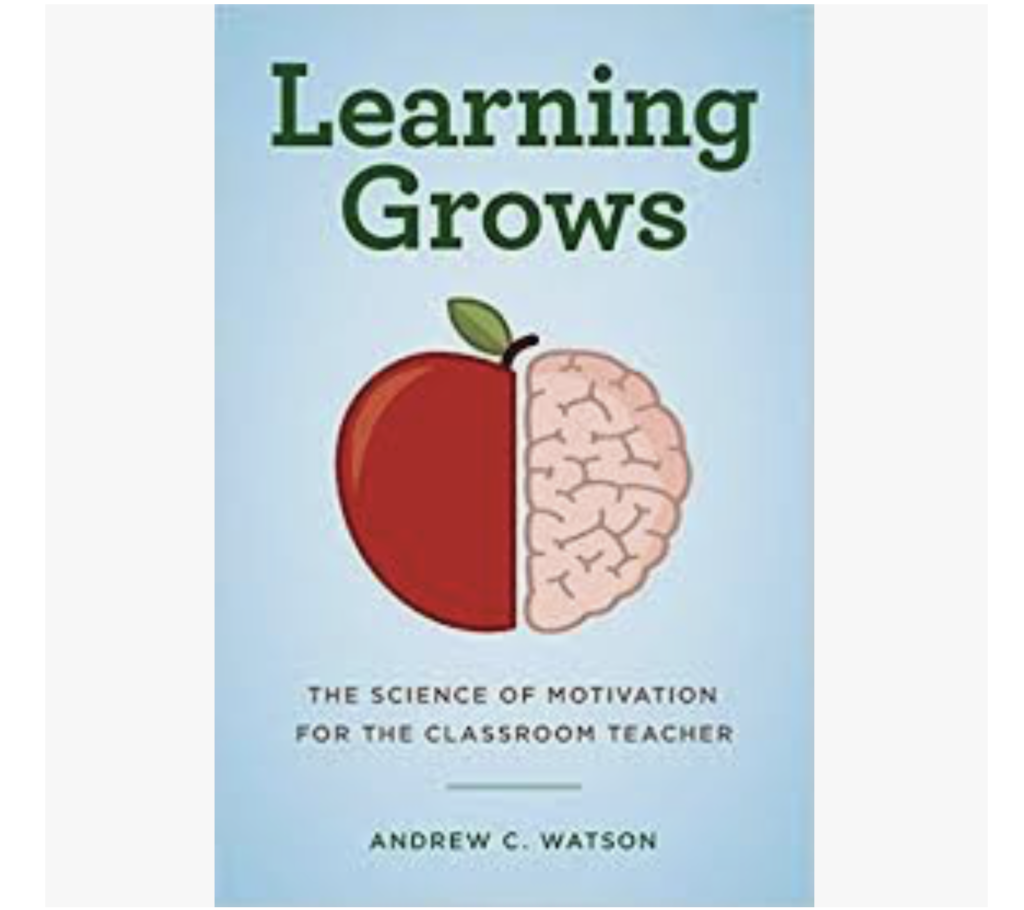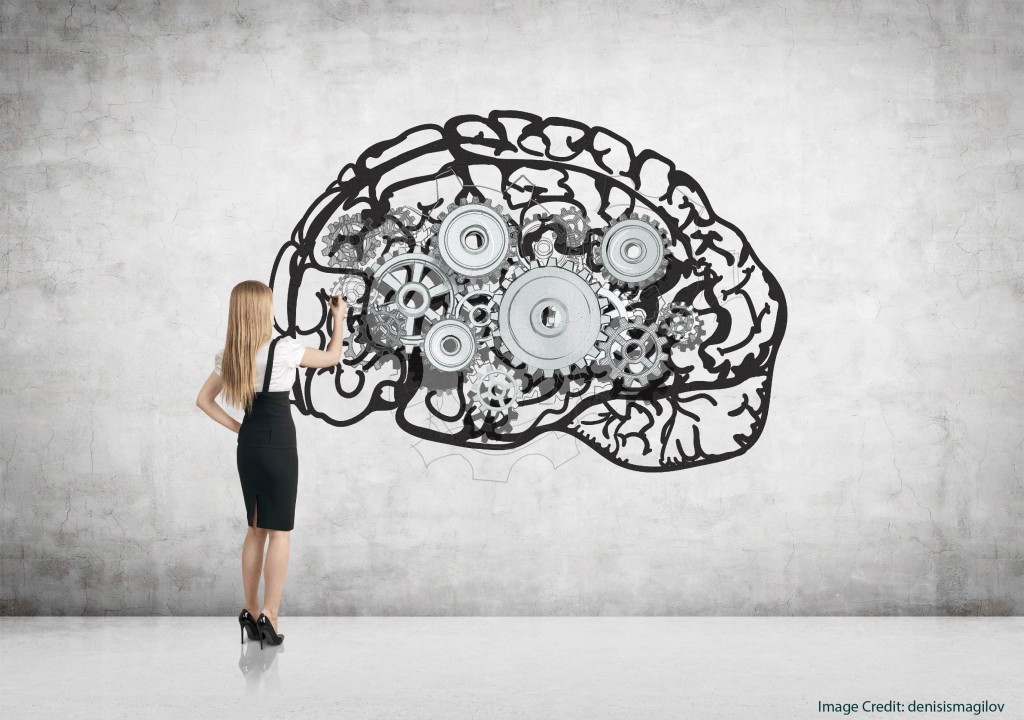Andrew C. Watson, the editor of Learning and the Brain Blog, long-time teacher at some of the country’s most prestigious schools, and consultant to educators around the world, recently released his second book in the Learning Brain series. While the first book in the series focused on working memory and attention and the final book […]













